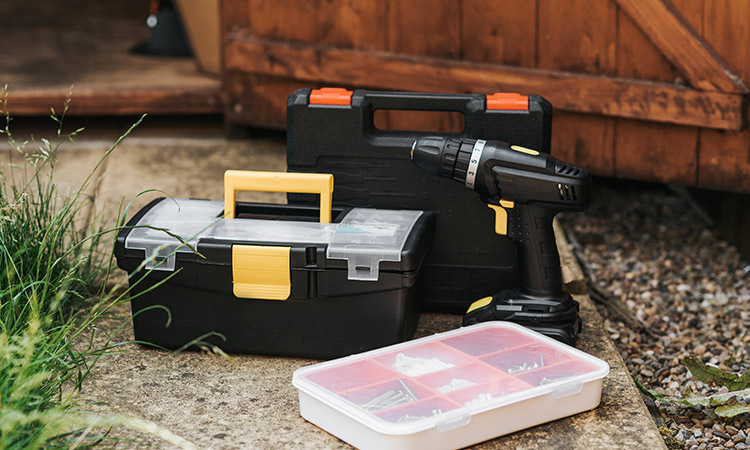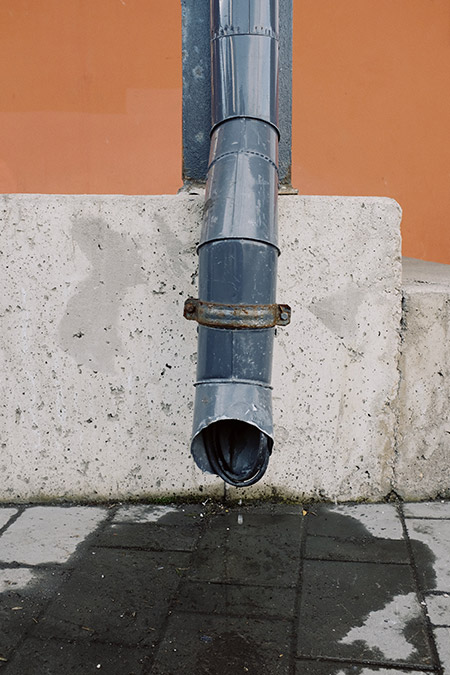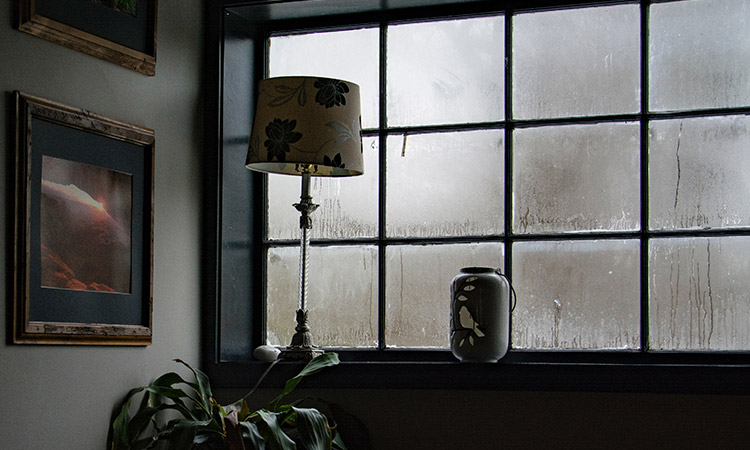
The rainy season is here, is your home ready? Basically, when it's raining, the first thing you think about is just staying at home to keep yourself and your family safe. But there is more than just staying at home that keeps you safe during the rainy days. From the safety outlets, to backup electricity in case of brownouts, to reinsuring doors and cleaning gutters, there are plenty of ways to prepare before the heavy rains drop. Protecting your home from heavy rain can decrease the odds of damage caused by water that leaks through the roof and ceilings, floods the ground floor or basement, and compromises the home’s structure. Preventing wind damage is equally important, as flaws in your home’s roof or entry points (like garage doors) can result in serious damage if high winds are predicted. So, how should you prepare your home for the heavy rains? Here are some tips you should consider:
Keep your gutters clean

Gutters are your home’s first line of defense against heavy rains. Basically,it is designed to catch rainwater and direct it away from your home. gutters can go a long way toward preventing rot, mold, and other rain-related problems. However, gutters don’t work if they are clogged. When a gutter is filled and clogged with debris, clumps of leaves, broken twigs, pine cones, or other clumps of dirt from the aftermath of rain, it can lead to overflowing of rainwater that will weigh down the roof. And eventually, the water will seep through the walls of your home, leading to damages in your property, and may even promote mold growth on your walls that can be toxic to people and pets. In addition, the debris trapped within your gutters can create a dam which can push water back up under your roof, or down the siding of your house.
Prepare a power interruption kit

What’s most common during the rainy days are power outages here and there, and if you’re not prepared, it might be too much of an inconvenience. So, to prevent such, you need to prepare some things. First, put together a power outage kit. While you do have power, assemble everything you might need in one container. A plastic storage box or duffel bag is a good option. Put the kit in a location that’s easy to access so you won’t have to shuffle through things to find it when you need it. Then, you should prepare batteries and flashlights for your whole family. Having one will make everyone feel instantly safer and calmer, regardless of if the power outage is likely to last for days or just a couple of hours. It provides a sense of security to have some control over even the smallest amount of light. Since no one knows exactly how long a power outage might last, you can prepare non-perishable goods too. If you have children, stock up on their favorite non-perishable foods. You may want to have a small stash of their favorite cereals, dried fruit, and other treats. Designate a room where you will stock your items. Lastly, but most importantly, prepare a portable generator. Aside from making sure your mobile phones and power banks are fully charged, having a backup power source will allow you to keep electronics running even after you lose your main power sources.
Check your drains

It’s not just the gutters that need maintenance and checking before an impending rainy season, but the drains too. Checking your drains of blockage can help you a lot during the rain as it slurps up all the rainwater in your backyard and even the uncovered parts of your balcony, preventing flooding. If your home features external drains, such as those often found on balconies or below-grade doors, make sure they’re clear of debris. While there’s usually no risk of damage to your foundation, if these drains become clogged, you risk water backing up and entering the home.
Seal your windows

Once you’ve ensured that rain can flow freely from your property, consider any other means that water can enter your home…. your windows. When heavy rains are ransacking your area, make sure your windows are closed so whatever the direction of the wind goes, the inside of your home will remain as peaceful as it has to be. If the window seal is cracked or brittle, or if you’ve noticed any leaks, it may need replacing. Remember that as long as water passes through, it may continue to seep through your walls which may create damage and may decrease your home’s value.




